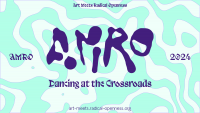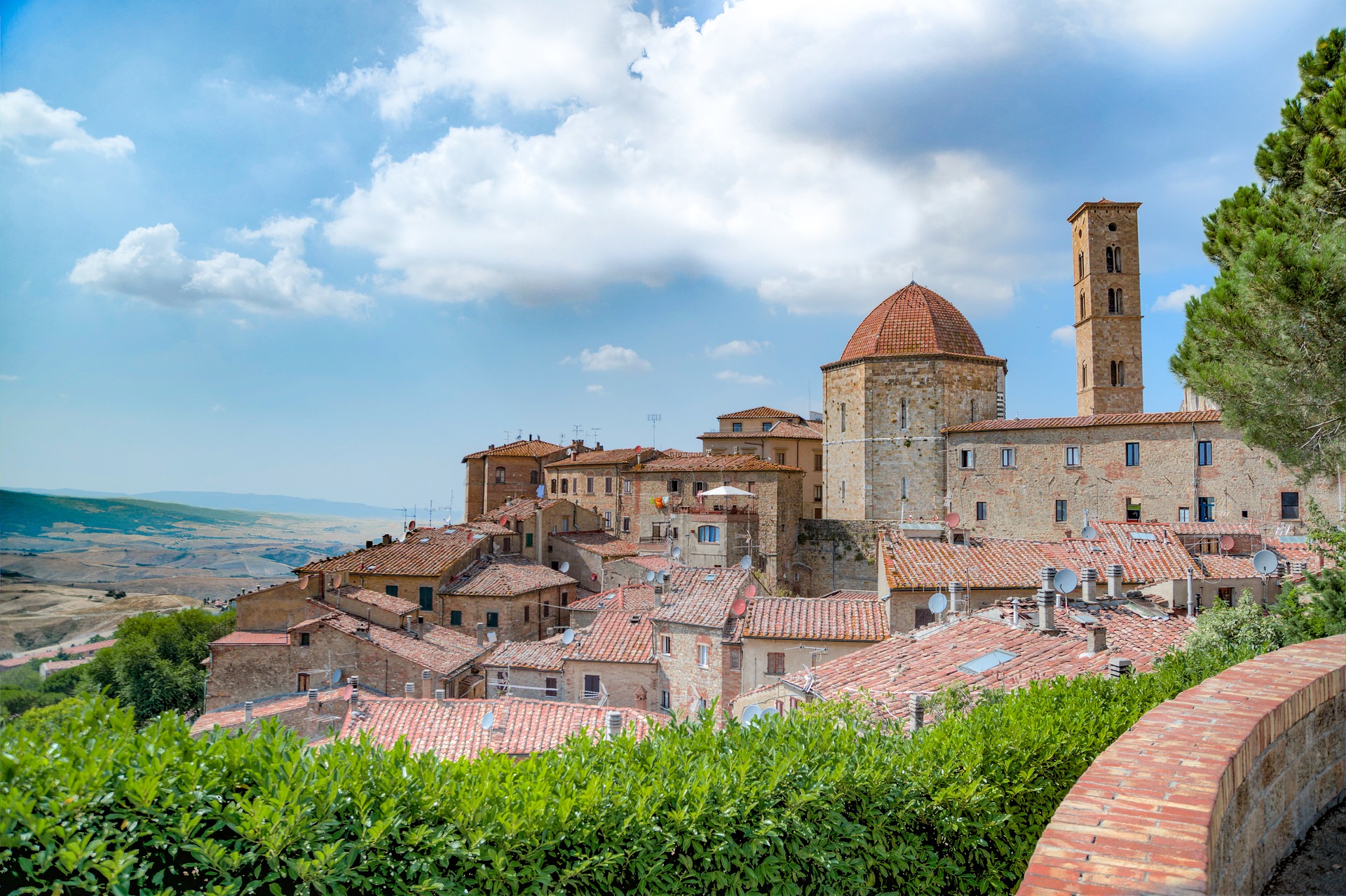 As part of the UNCHARTED project, a meeting took place between the delegation of the project and the local authorities of the Municipality of Volterra, which officially becomes part of the UNCHARTED project as one of its case studies.
As part of the UNCHARTED project, a meeting took place between the delegation of the project and the local authorities of the Municipality of Volterra, which officially becomes part of the UNCHARTED project as one of its case studies.
The Tuscan town was in fact selected, together with the cities of Budapest, Porto and Barcelona, to study the models of strategic cultural planning in different social and economic contexts.
The meeting, hosted at the Town Hall of Volterra, by the Mayor Dr. Giacomo Santi and the Councilor for Culture Prof. Dario Danti, defined the collaboration and planned the future research.
The delegation of UNCHARTED was composed by Prof. Arturo Rodriguez Morato coordinator of the project (University of Barcelona), Prof. Gabor Sonkoly (ELTE University of Budapest), Prof. João Teixeira Lopes (University of Porto), Dr. Mauro Stampacchia historian and researcher who taught at the University of Pisa, Mr. Pietro Masi responsible for coordinating the case study in Volterra (Promoter) and Dr. Antonella Fresa international expert on European projects and technical coordinator of UNCHARTED.
The purpose of the case study is to examine the valuing processes implemented by local administrations, in relation to local, national and European policies and to collect good practices and recommendations.
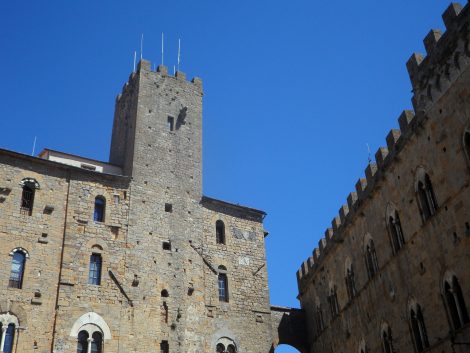
The results will be presented in London in January 2023 at the Central Event of UNCHARTED, comparing the processes put in place by the European partners. Subsequently, a dissemination action will be launched throughout Europe to promote the recommendations emerging from the studies, to foster their adoption and to encourage replication of good practices. In addition to public meetings, scientific and informative publications will be produced.
Local press (Italian):
Il Tirreno
La Nazione
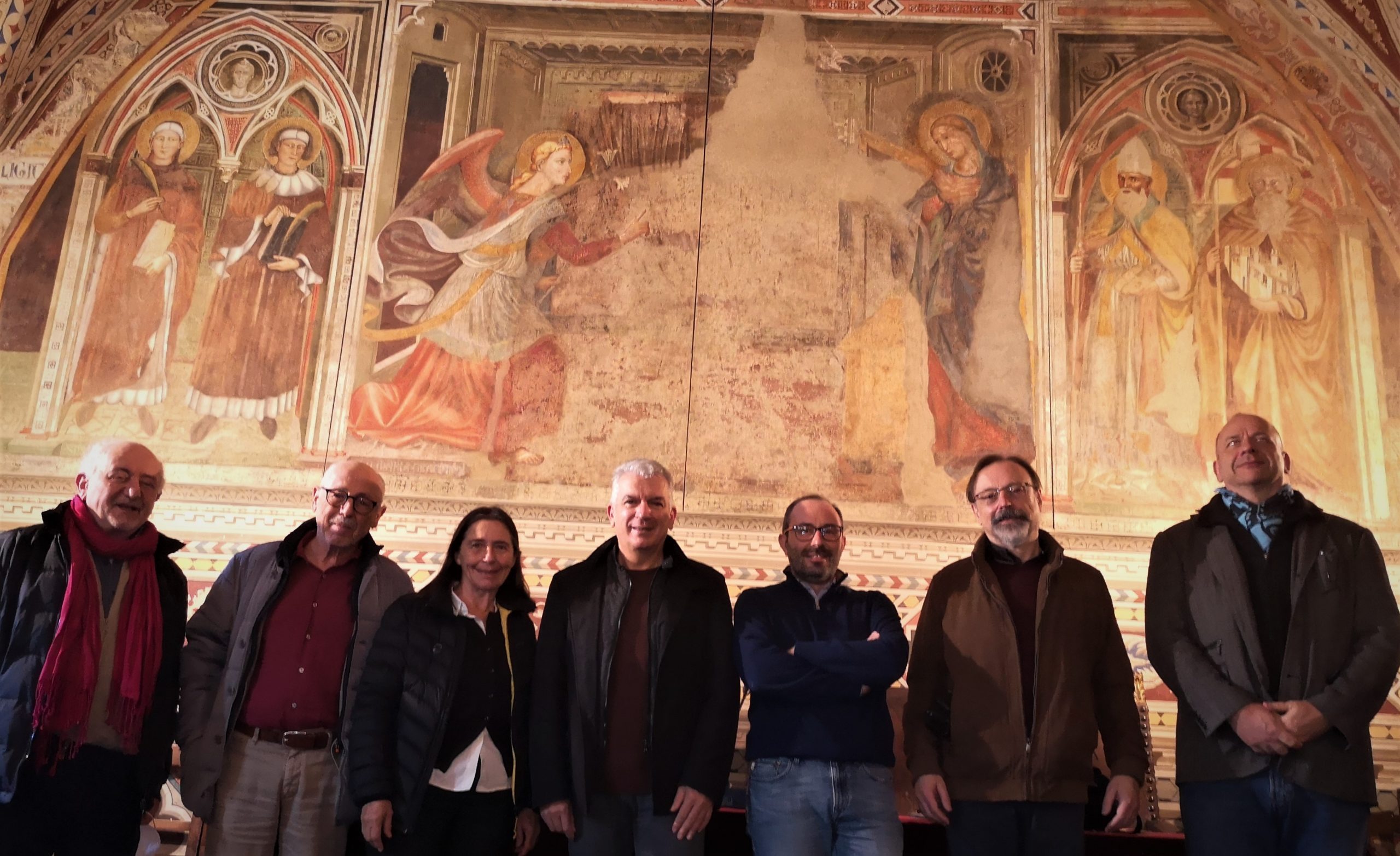


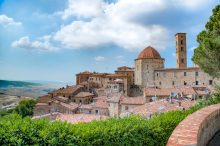

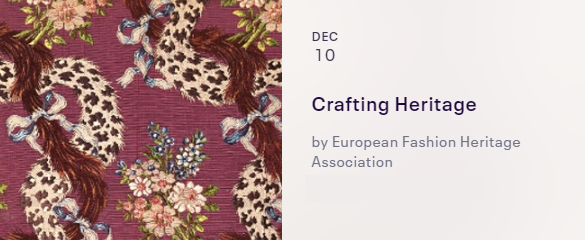
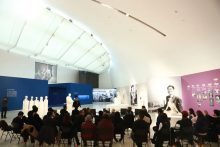
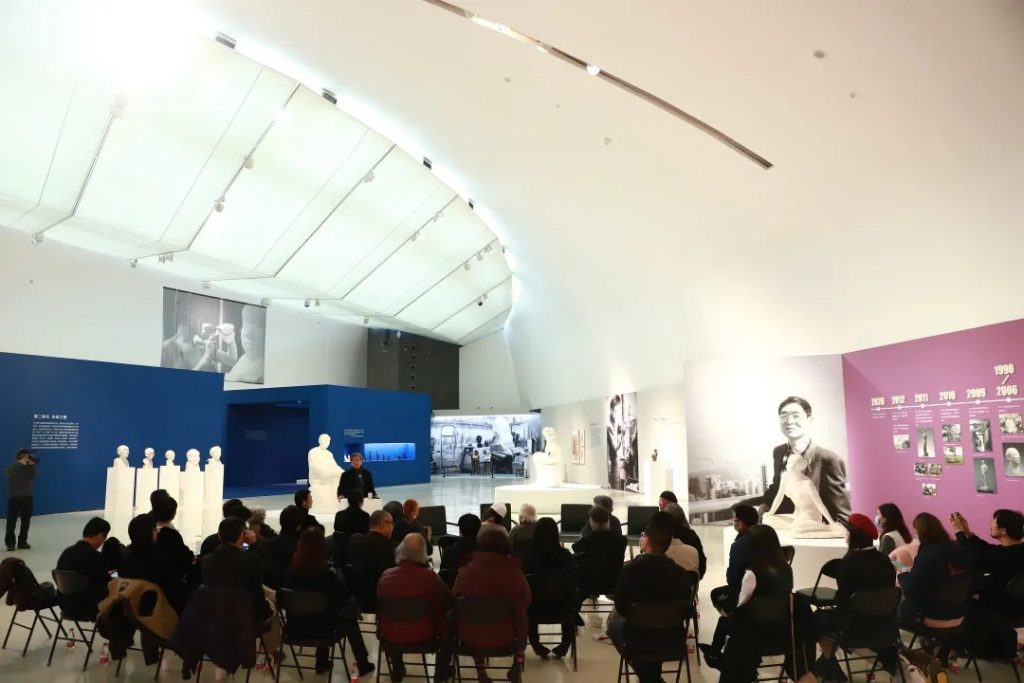



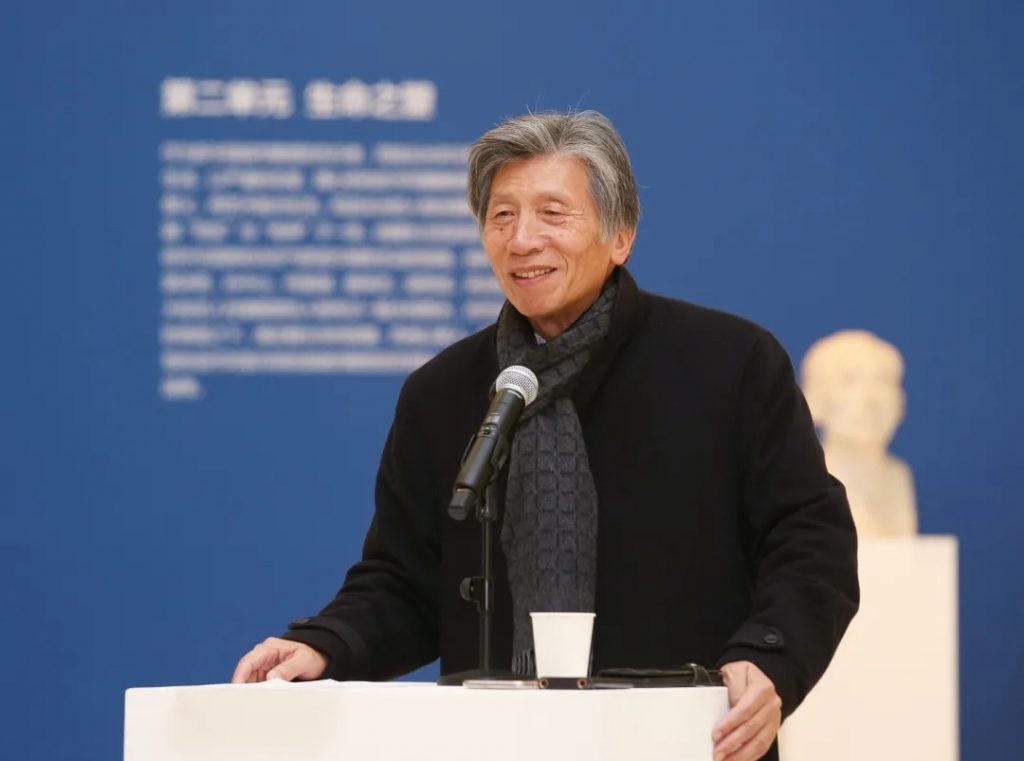
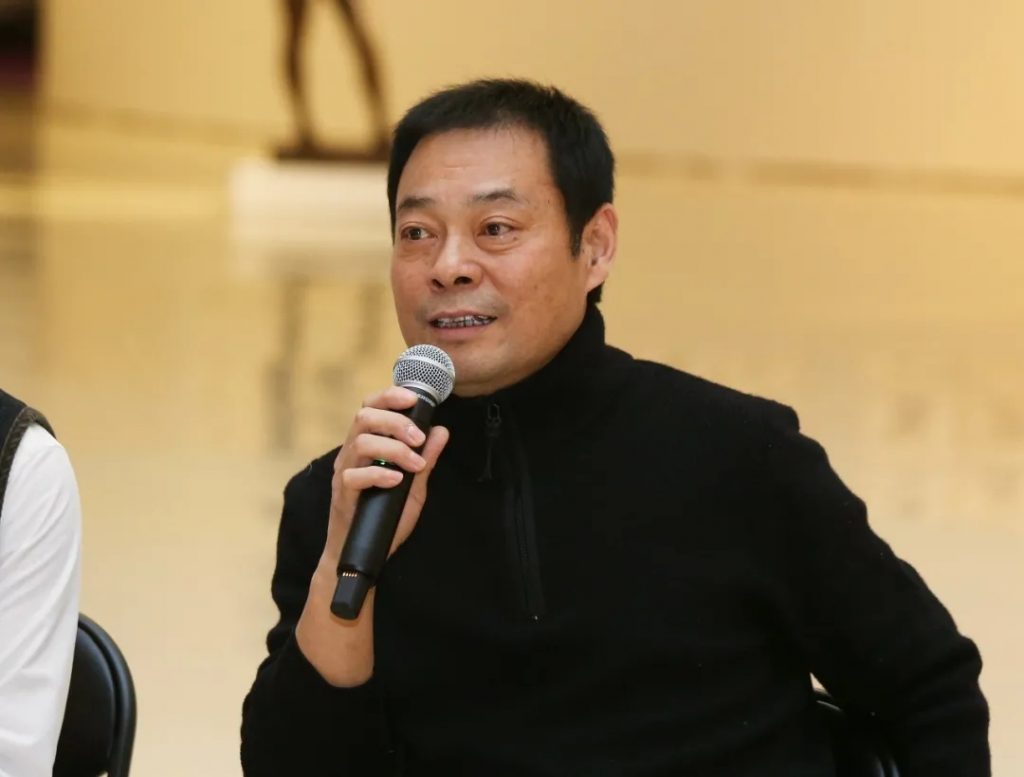




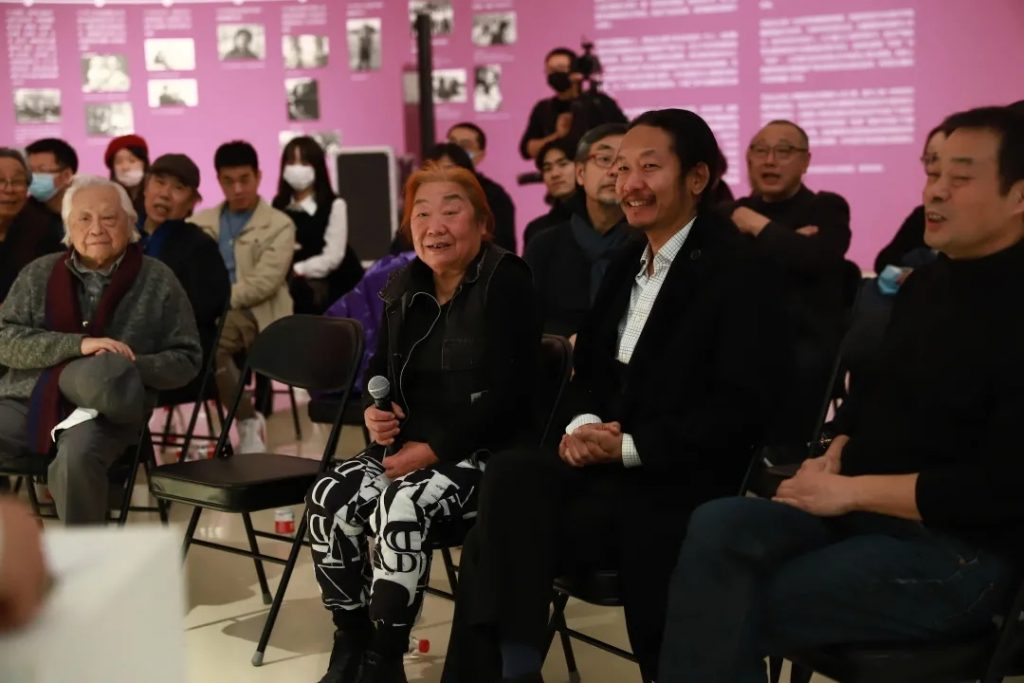
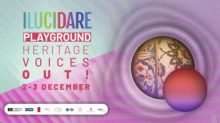
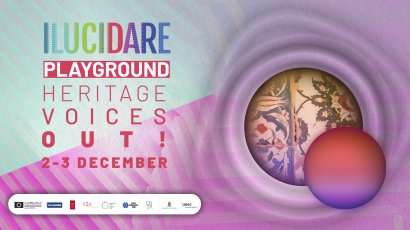
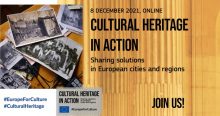
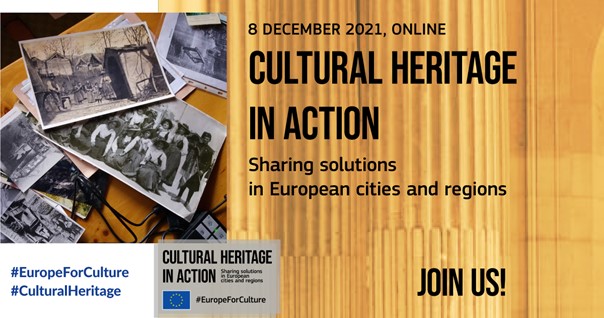 On 8 December,
On 8 December, 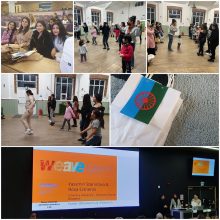

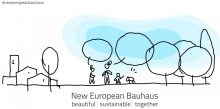
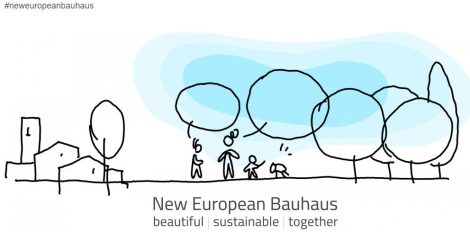 The
The 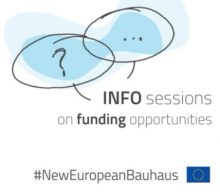
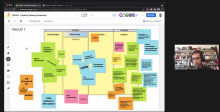
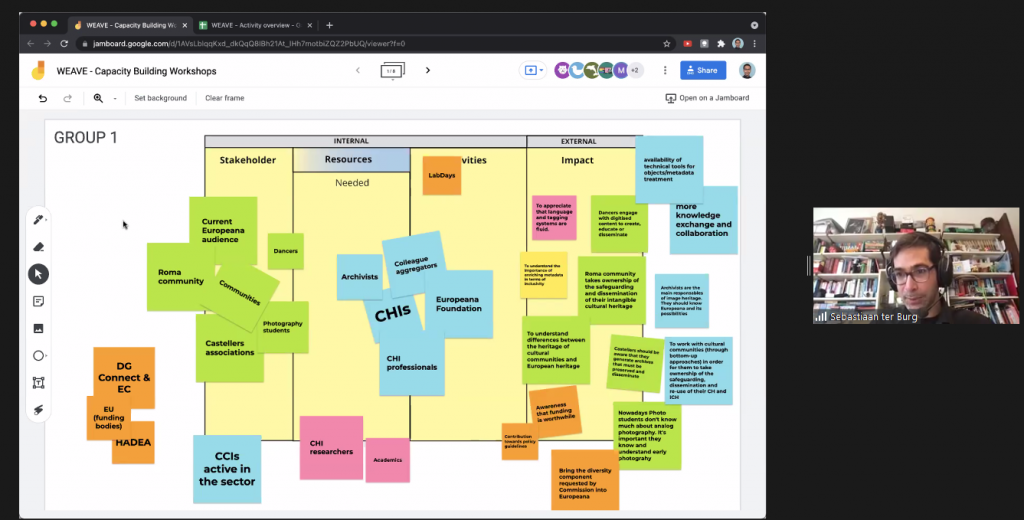
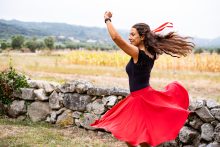
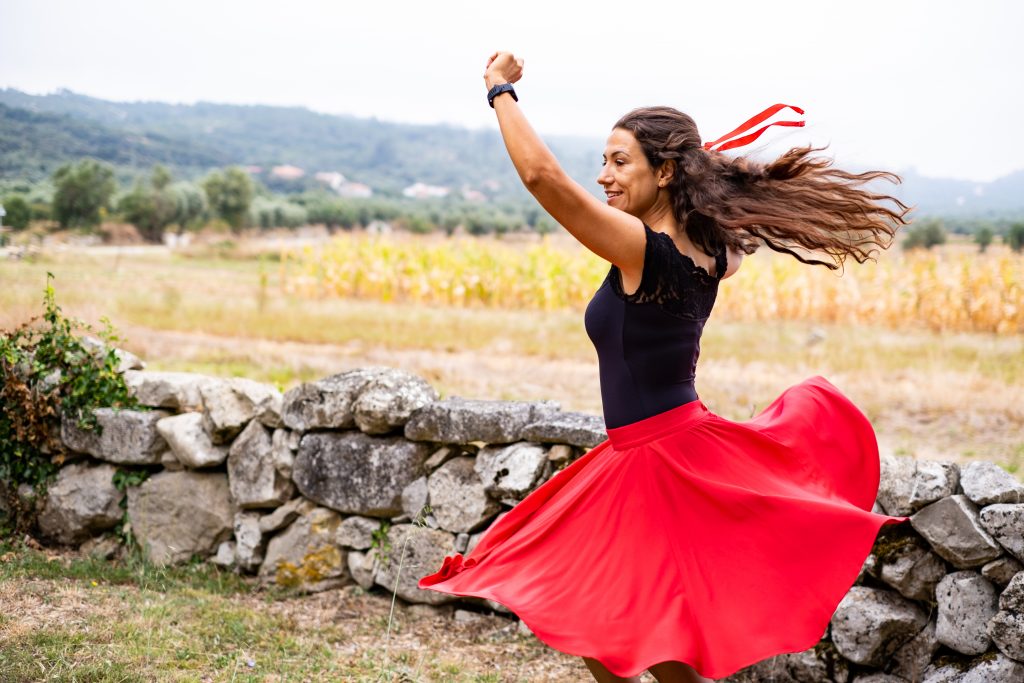
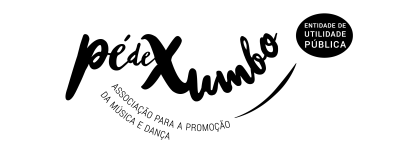
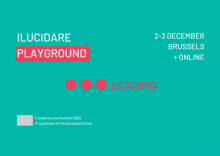
 If you have interesting news and events to point out in the field of digital cultural heritage, we are waiting for your contribution.
If you have interesting news and events to point out in the field of digital cultural heritage, we are waiting for your contribution.














